Nurturing Honesty: a Guide for Parents
"Why are you lying to me?" ...ever asked your kid this question? Or perhaps you have memories of being asked this question?! You are not alone.
The truth is, there are countless reasons behind why our little guys experiment with lying. Sometimes, they are trying to get a reaction out of us ("Quick! Come upstairs! There is a unicorn under my bed!"). Other times, they are trying to dodge a punishment ("I don't know what that light under my pillow is! My iPad is totally still plugged in downstairs!"). Kids also lie to get something they want which the truth won't get them ("Yeah, I finished my dinner, you just didn't see! So I can have ice cream now, right?").
The potential reasons are endless. The hard truth is, though, regardless of "why," all kids lie. Positive parenting theories acknowledge this reality as a developmental norm with the understanding that the onus is on us - the parents - to give our kids tools to outgrow this phase and move through the world as honest, clear communicators. We do this by educating our children on the importance of honesty and providing a safe space for them to own up to their mistakes.
Tips on Fostering an (eventually) Lie-Free Zone
TIP 1: Establish a definition of lying that they can understand and add it to your visible list of Goodtimer House Rules. Try to emphasize that yes, being honest means "not lying," but it also means acting with integrity, taking responsibility for our actions, and feeling inner peace.
TIP 2: Help them be mindful of actions that might inspire lying with an example:"If you are about to make a choice that you would not want me to find out about, think twice! That probably means you are not proud of the choice, and maybe you should make a different one."
TIP 3: Try not to lie-shame! Think about it: if you are a kid who is choosing to lie to a parent, for whatever reason, and then once the truth comes out you are in trouble for the thing you lied about AND the lying itself, you are not exactly getting the message "it's safe to make mistakes." Consider these two scenarios -
Might the first version work, sometimes? Sure...but what happens when the lies get bigger? Will our kids trust in our ability to calmly accept their truths?
Step 4: Model Honesty: A study found that when an adult lied about candy being in another room, their eavesdropping child was more likely to be dishonest as well. Help your child develop a thorough understanding of what constitutes honesty in your home by being honest about your own mistakes and shortcomings. "I ate the last piece of cake, sorry, I didn't know you were saving it." Talk to them about how it can feel icky to tell the truth in the short-term, but that it builds long-term trust in relationships. "If I lied and said I didn't know who ate the last piece of cake, and then you found out it was me, you would trust me less, I think. Right?" Help them identify reasons they trust you, a teacher, or a friend.
Step 5: Stay connected by validating how tricky it can be to tell the truth. Normalize lying by sharing a memory you have of lying as a child - did you get caught? How did it feel? Then, ask them about a time they were dishonest, and let them reflect on the emotions associated iwth that experience. Talk about the impact of dishonesty on the self and others. Talk about how the scenarios could have played out if you were each honest.
Step 6: Use Goodtimer incentives to promote truth-telling! More on positive reinforcement below...
Praise Integrity
Living honestly is hard! Find some empathy for your child as they navigate this difficult request, and layer on the praise throughout the day as their Goodtimer lights glow. If your child slips up, remind them why it’s important to tell the truth. Tell them you think that telling the truth is brave, and help them feel excited for their Goodtimer honesty incentive before asking them for the truth. If they choose to tell the truth, give them a hug, and let them know how proud you are of them for working to fix their mistake.
Remember, the flip side of encouraging is labeling. If you know your child is lying, avoid calling them a liar. Instead, tell them what you know ("the facts") and give your child a clear path forward to make a different choice. It might help to ask them how they feel (i.e. scared, anxious, embarrassed) to better understand what motivated the lie and how it is sitting with them. This process of naming emotions, maintaining curiosity, and providing support may empower your kid to come through with the truth.
Neurodivergent kids who lie often benefit from approaches involving even more empathy and, sometimes, extra graces. If your child with ADHD has gotten into a habit of lying, know that research has linked this behavior with the innate impulsivity that often accompanies an ADHD diagnosis. A kid who is more prone to dishonesty for this reason may need an extra sensitive and/or specialized approach.
Try to remember: every parent will encounter a little mouth spewing tall tales at one point or another. Your response, and methods of truth-telling encouragement, are going to be key in helping your child develop better habits and, perhaps more importantly, a sense of inner integrity. Engage in open conversations and praise your child often for their honesty while empathizing with the challenge that they face with this new responsibility. Remember, every mistake is an opportunity for honest growth—for both of you!
Watch the Video:


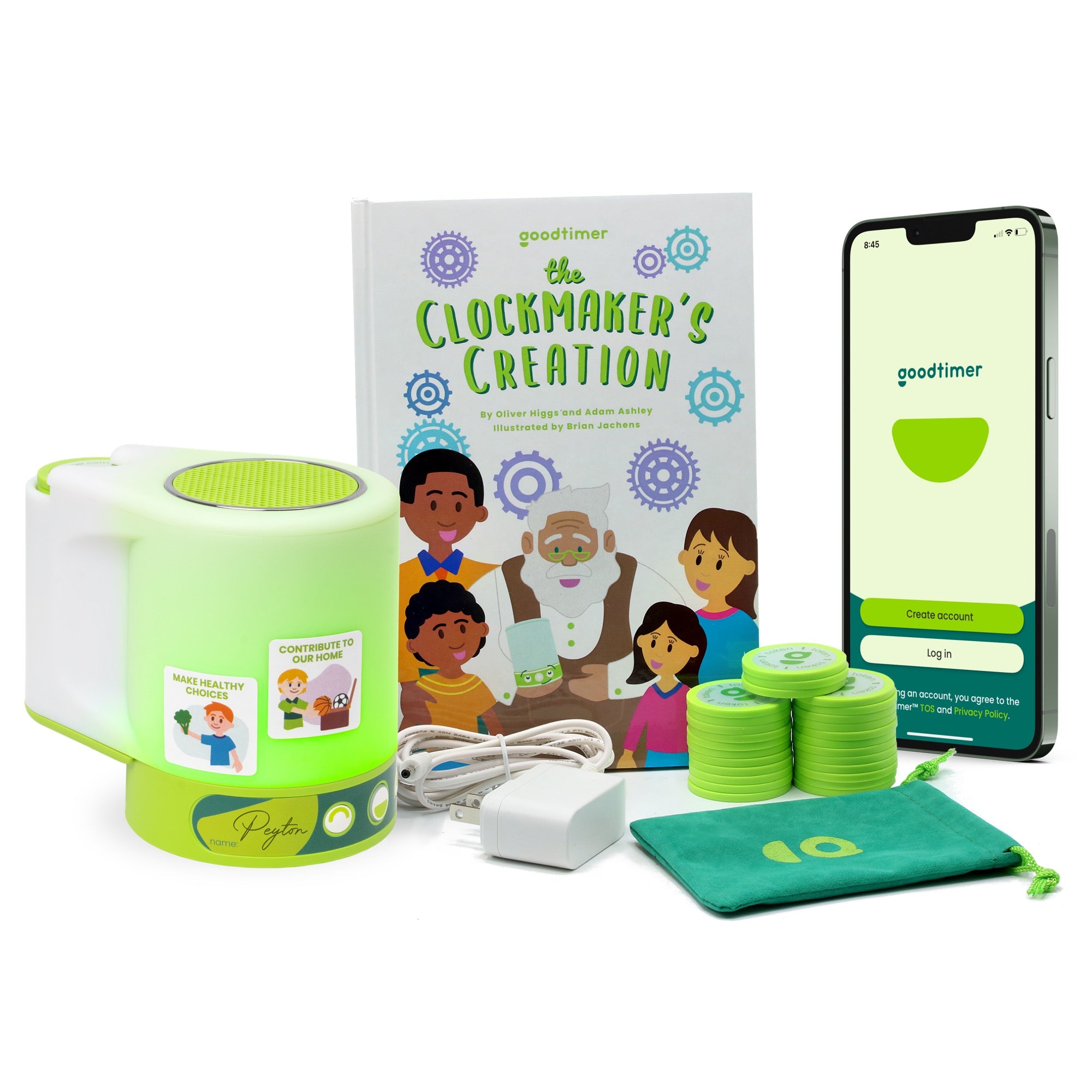
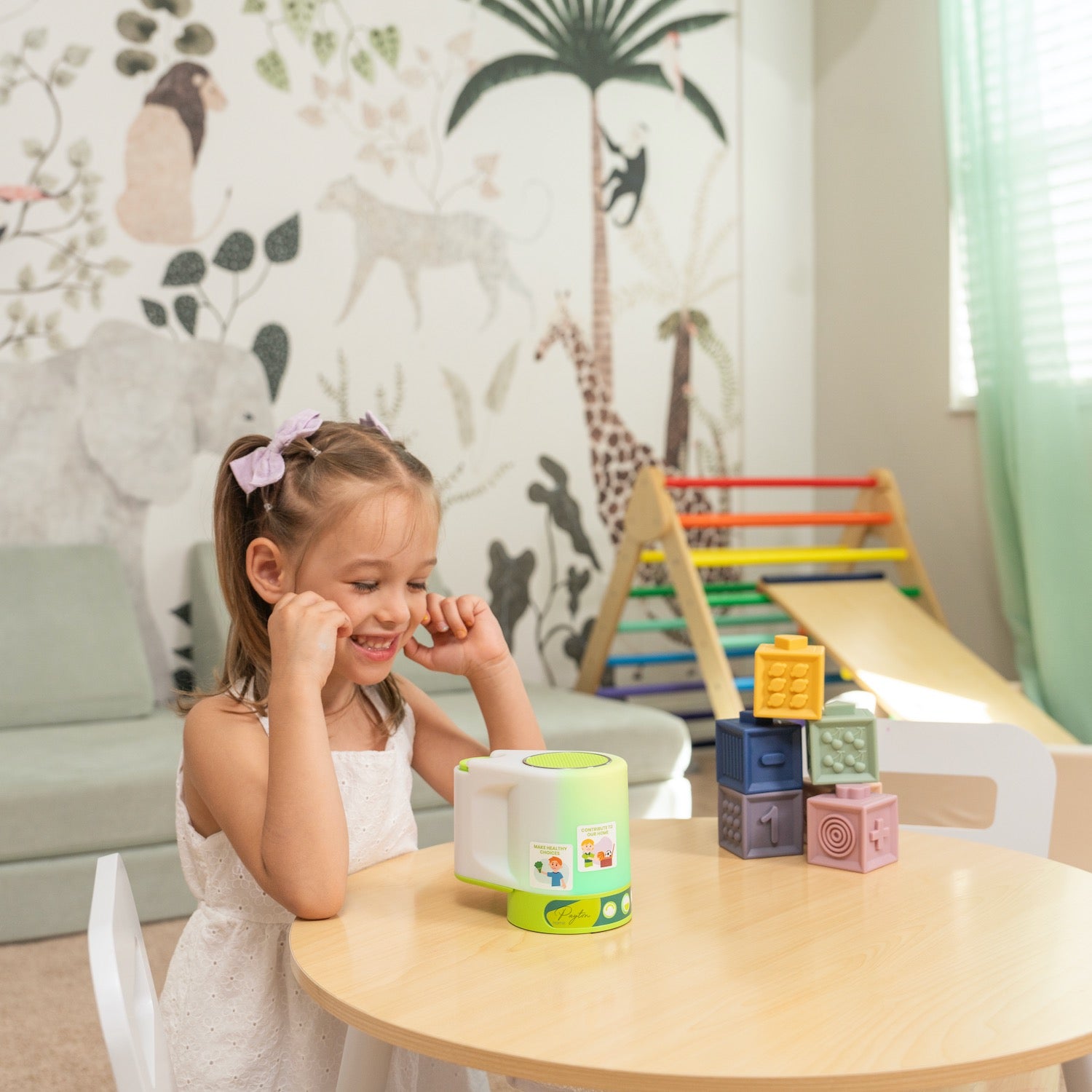
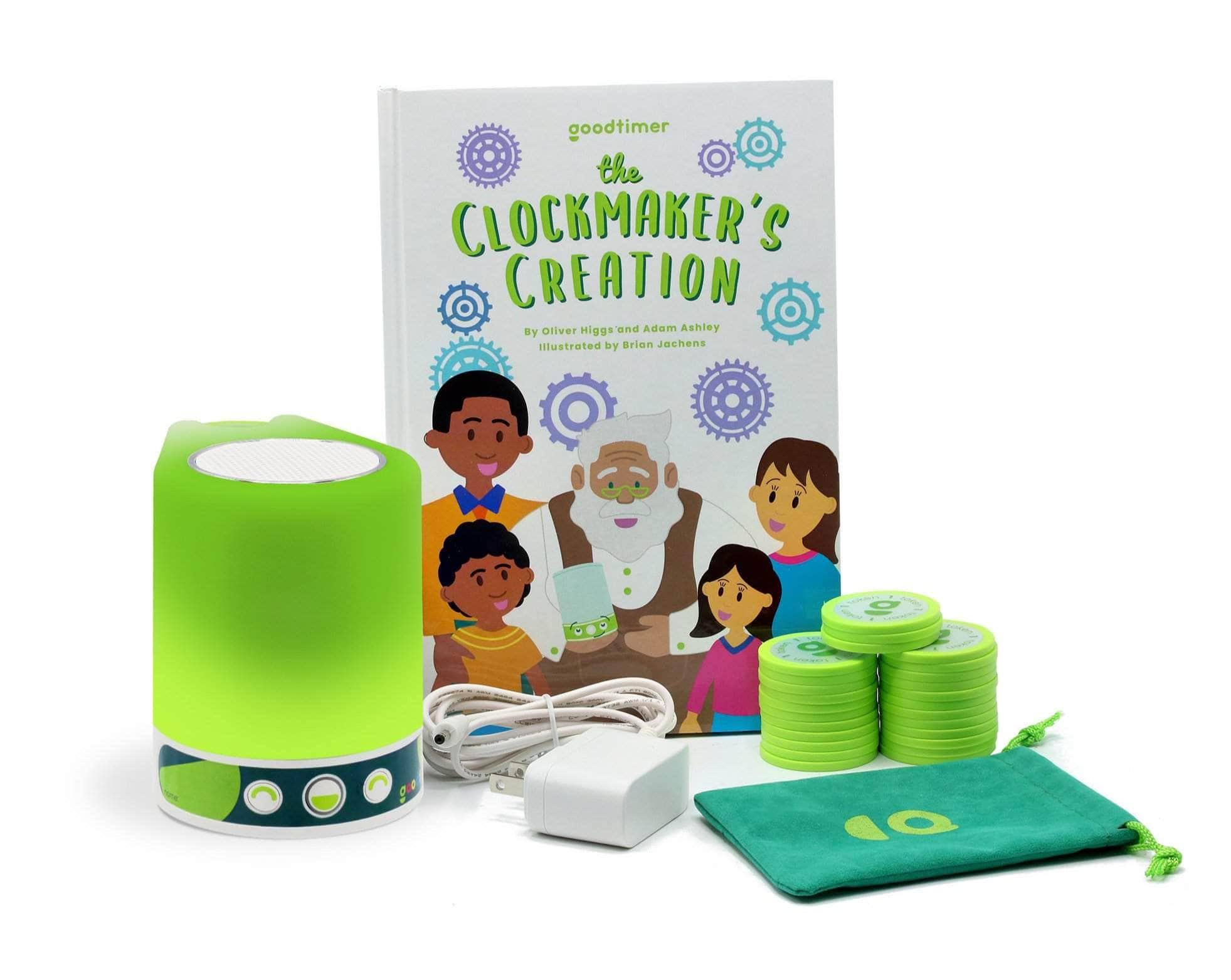
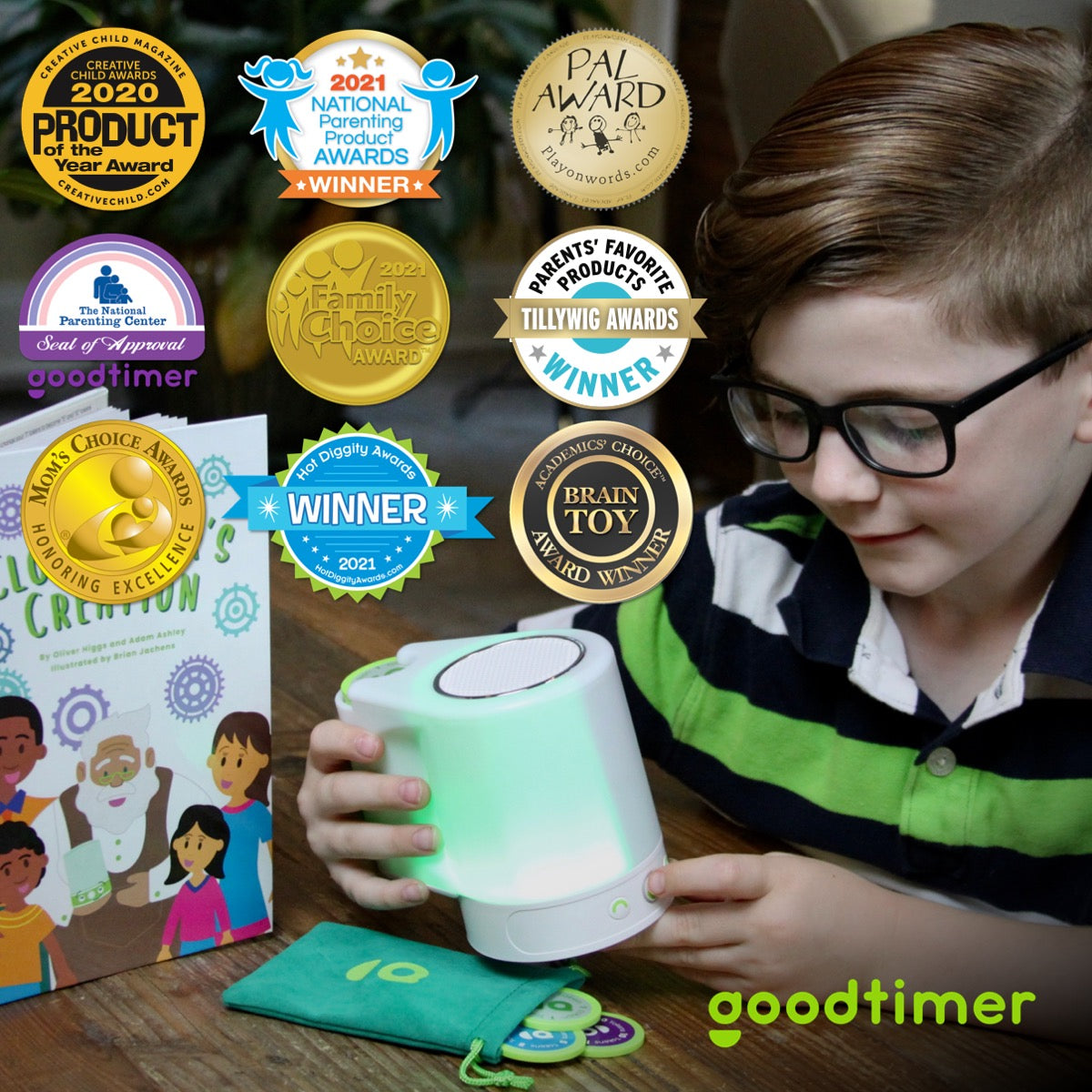
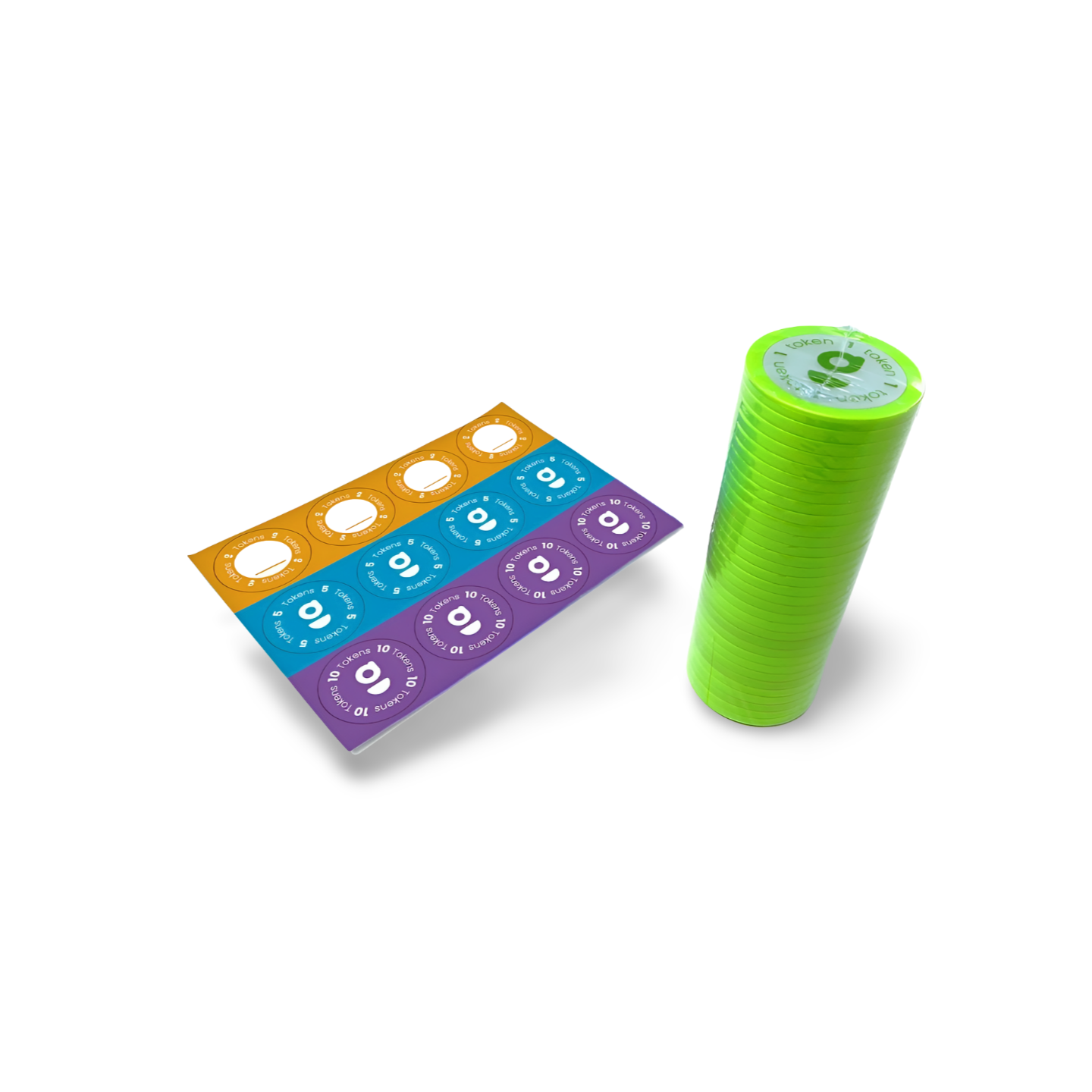
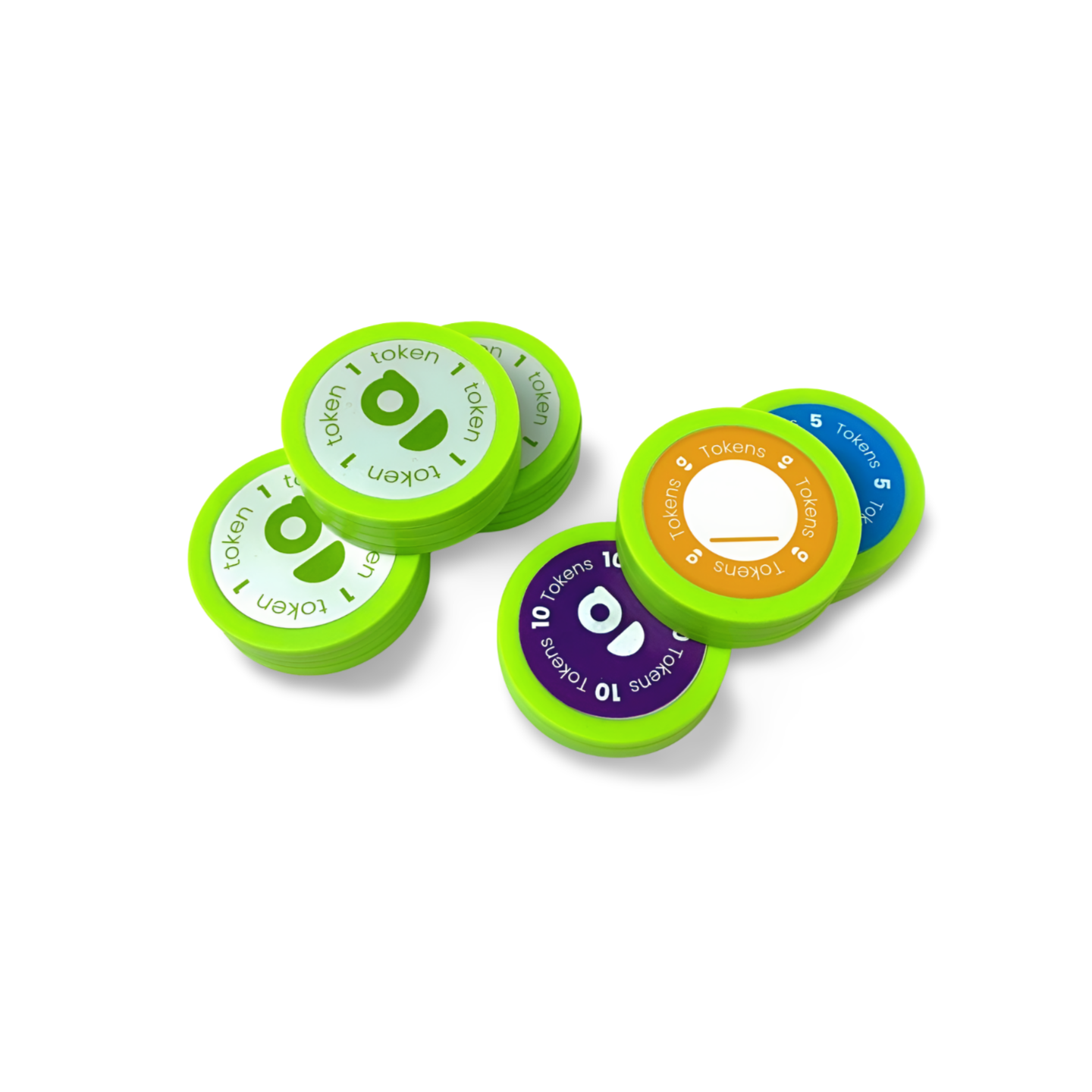
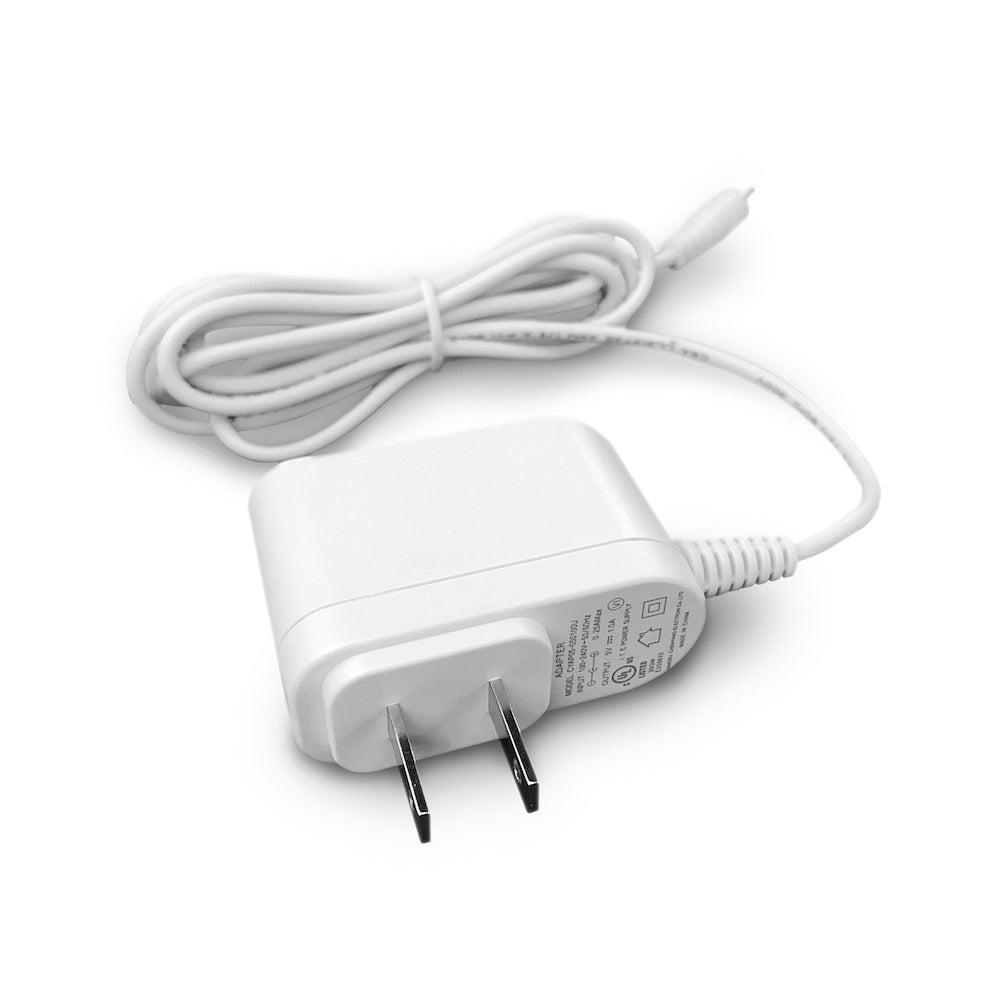
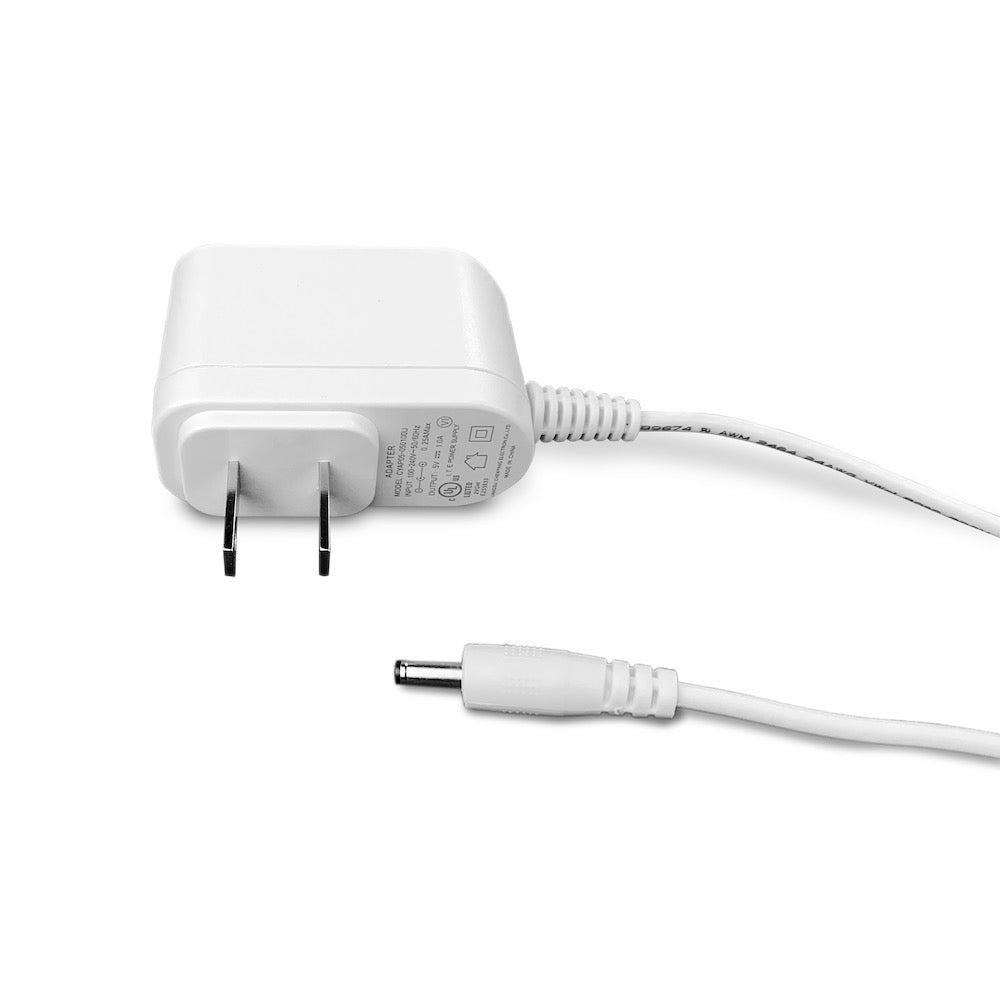
Leave a comment